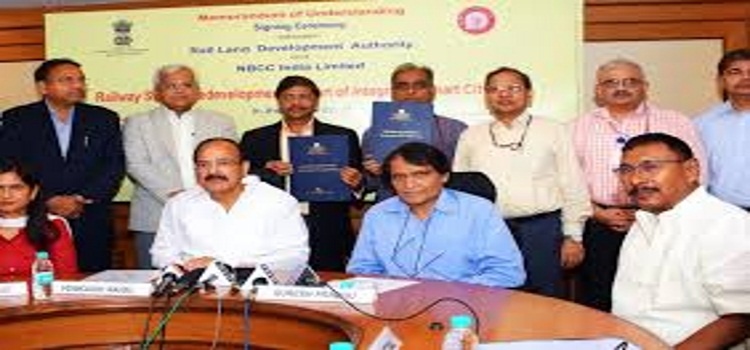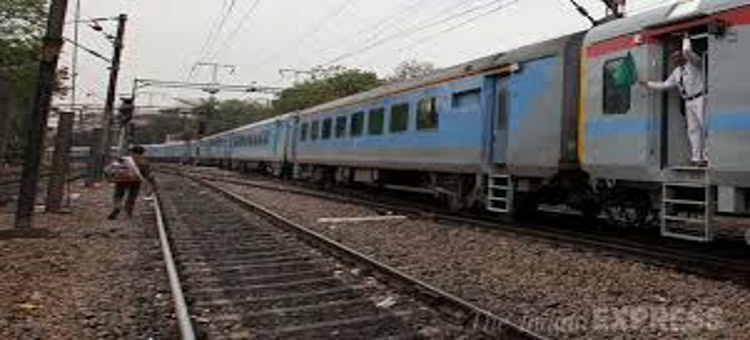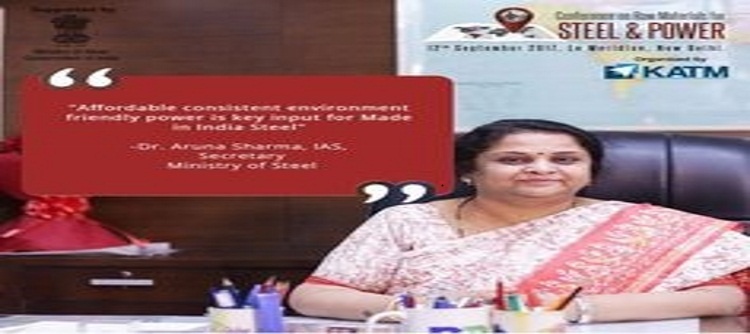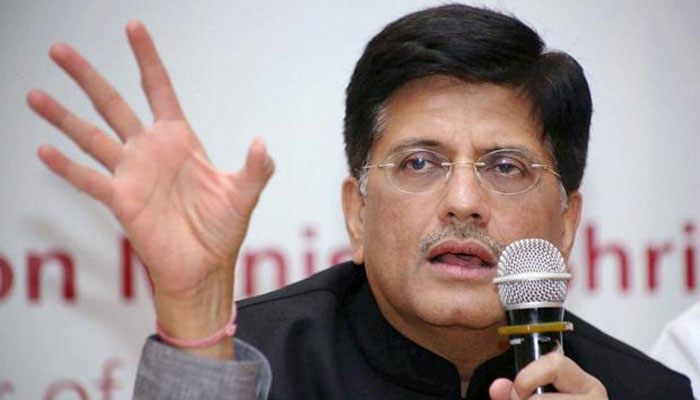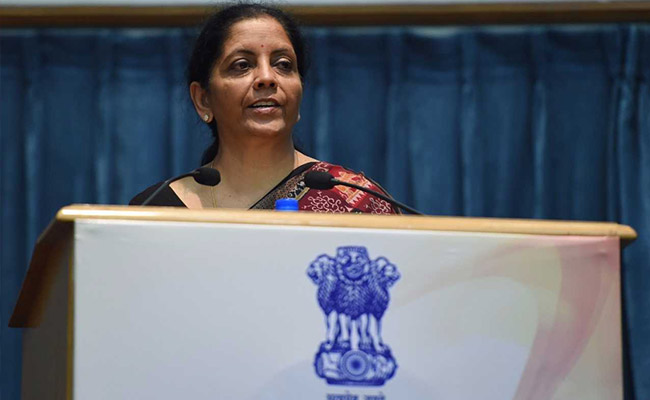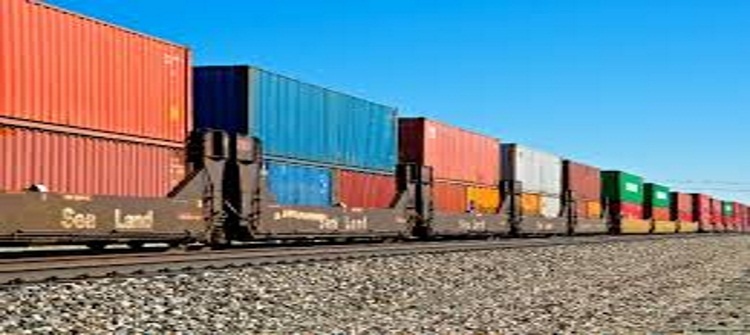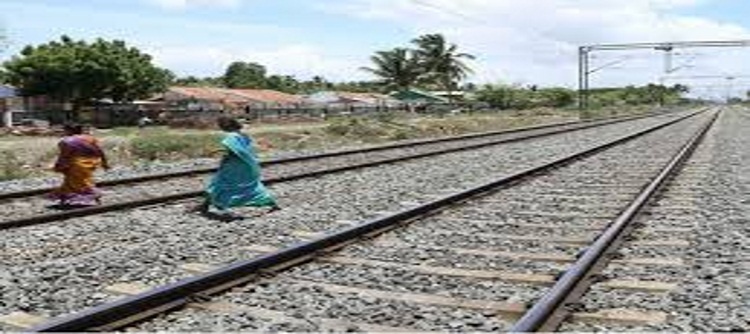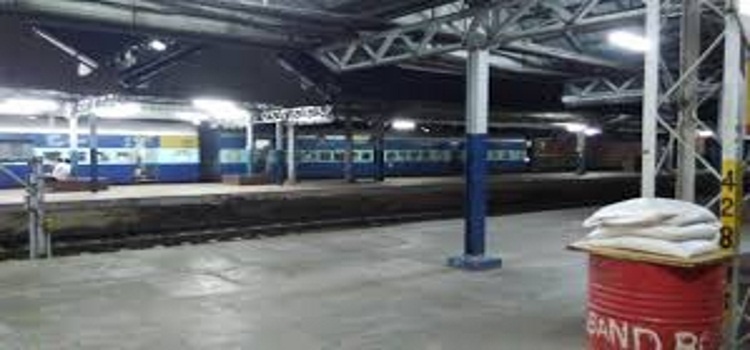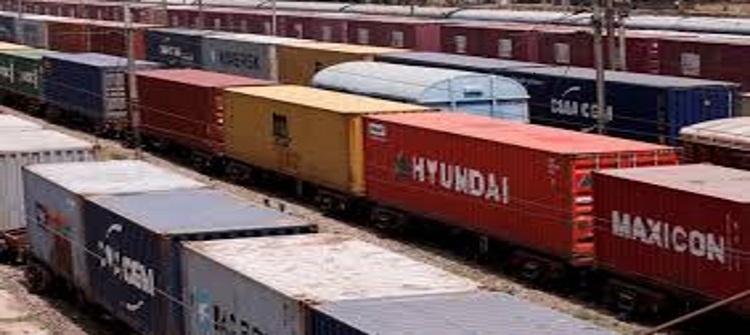
Aiming at increasing competition and reducing expenditure on procurement, the Indian Railways will adopt a reverse bidding process for high-value items like rolling stock parts, track equipment and cement among other purchases.
Reverse auction is an online bidding process that allows vendors to submit multiple bids on time scale and then compete online with each other by offering lowest acceptable bids.
Currently several ministries, including the power ministry, and public sector undertakings are using the reverse auction process to procure supplies at competitive prices. Though the railways has introduced the e-procurement system, which has helped to bring down corruption, officials say that procurement rates are still too high.
The railways purchases about Rs 60,000-crore worth of materials, including track items and items for the production and maintenance of locomotives and coaches, in a year.
“We aim to reduce the procurement expenditure substantially through reverse bidding method,” said a senior railway ministry official.
The railways, therefore, is in the process of developing a software for the reverse bidding purpose. “First we will try the system as a pilot project involving limited items.Then it will extended to all type of high value purchases.”
The Indian Railways will also be launching a system of digitisation of its entire supply chain across all zones, which also aims at improving the ease of doing business and transparency.
Digital contract, as it will be called, will be a seamlessly integrated digital supply chain. It envisages involving stakeholders including industries, financial institutions, internal customers of railways and inspecting agencies to create an efficient, responsive and transparent system.
“With 100% e-tenders and e-auctions already assimilated into the system, we are further planning to build on these initiatives to achieve seamless flow of material, finances and information,” the official said.
The system includes digitisation of processes like bill submission, inspection, dispatches, receipt, bill passing and bill payments, warranty monitoring and enabling use of analytics for increasing supply chain efficiencies in real time.
The railways have about 52,000 registered vendors for supplies and the vast supply chain also handles more than 2,664 registered bidders for the sale of scrap material.
Tenders and auction process are already on e-platform in railways.
